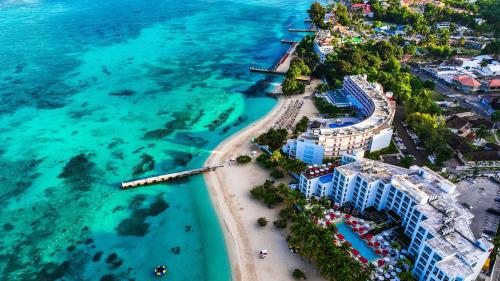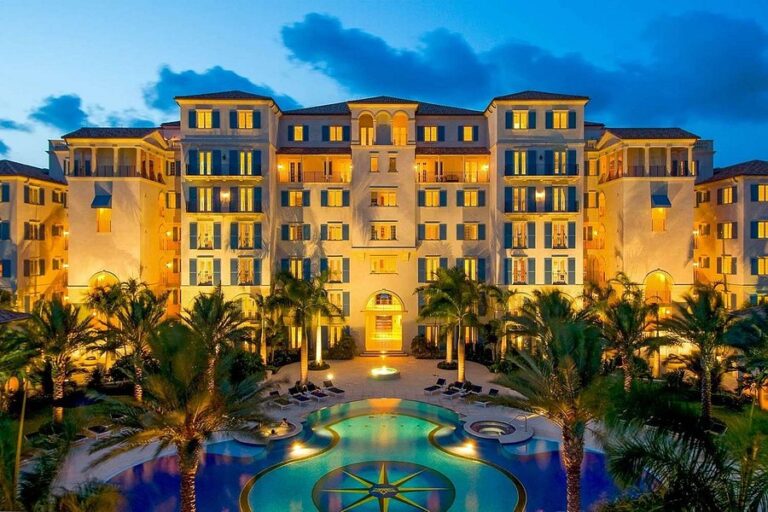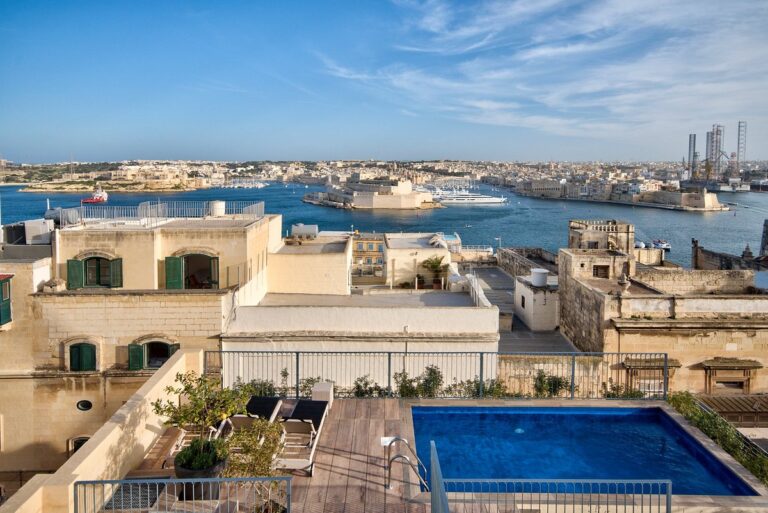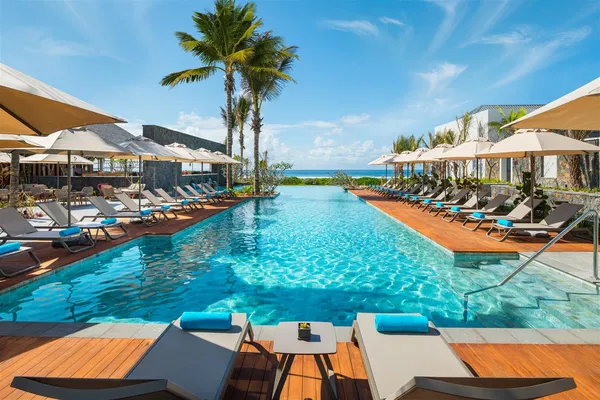Quick Overview
If you’re planning a trip to Jamaica, this guide covers everything you need to know—from must-see attractions and unique experiences to how to stay safe, where to stay, budgeting tips, and travel logistics.
I’ll share personal insights and pro tips based on years of visiting and exploring the island. Whether you’re chasing beaches, culture, adventure, or just the vibes, this guide has you covered.
Expect detailed info on when to go, getting around, costs, and emergency contacts to keep your trip smooth and unforgettable.
Why Jamaica? A Personal Welcome
Having spent several trips across Jamaica, I can confidently say it’s one of the most vibrant, soulful, and welcoming places in the Caribbean. From the reggae beats in Kingston to the breathtaking waterfalls of Ocho Rios, Jamaica offers more than just stunning beaches. In this guide,
I want to bring you the real Jamaica — the sights, sounds, tastes, and practical tips to make your trip exceptional and stress-free.
Top 10 Things to Do in Jamaica: In-Depth Local Experiences
1. Explore Dunn’s River Falls and Park
One of Jamaica’s most iconic natural wonders, Dunn’s River Falls is a must-visit for every traveler. This spectacular waterfall cascades in terraces down to the sea, and you can actually climb the falls with a guide! The water is refreshingly cool, and the experience is exhilarating. Arrive early to avoid crowds, and don’t forget water shoes or sturdy sandals.
Pro Tip: Book a guided climb — local guides enhance the experience with fascinating stories about the falls and the surrounding area.
2. Savor Authentic Jamaican Cuisine at Scotchies
Nothing beats authentic jerk chicken or pork, and Scotchies is widely regarded as the best place to get it. The smoky, spicy flavors paired with festival (a sweet fried dough) and bammy (cassava flatbread) make a perfect meal after a day of exploring.
Personal Favorite: The jerk chicken is out of this world — smoky, juicy, and perfectly seasoned.
3. Visit Bob Marley Museum in Kingston
For reggae lovers, the Bob Marley Museum offers an immersive dive into the life and legacy of Jamaica’s most iconic musician. Located at Marley’s former home, the museum holds personal artifacts, gold records, and interactive exhibits. The guided tour is both educational and moving.
Insider Tip: Book tickets online to guarantee entry, as the museum often sells out, especially during peak season.
4. Relax on Seven Mile Beach, Negril
Seven Mile Beach offers one of the longest stretches of pristine white sand and crystal-clear water in Jamaica. Perfect for sunbathing, swimming, or enjoying beachfront bars and restaurants. I recommend timing your visit to catch the stunning sunsets with a Red Stripe in hand.
Money-Saving Tip: Many local spots offer affordable beach chairs and food, so you can enjoy the beach without splurging.
5. Take a Bamboo Raft Ride on the Martha Brae River
For a calm and scenic adventure, glide down the Martha Brae River on a bamboo raft piloted by a local guide. You’ll float past lush greenery and hear stories about Jamaica’s history and nature. It’s a peaceful way to unwind and connect with the island’s natural beauty.
6. Hike Blue Mountains and Taste World-Famous Coffee
For the adventurous, hiking Blue Mountain Peak offers incredible panoramic views and an unforgettable sunrise experience. The trek takes about 3–4 hours from the base, so an early start is essential. Post-hike, visit local coffee farms to taste the renowned Blue Mountain Coffee, arguably some of the best in the world.
Safety Tip: Always hike with a licensed guide and carry water, sunscreen, and light snacks.
7. Discover the Luminous Lagoon at Night
This magical lagoon near Falmouth glows due to bioluminescent microorganisms. Night tours let you swim or take a boat ride to witness the glowing water light up with every movement — truly a once-in-a-lifetime experience.
Booking Tip: Choose reputable tour operators with good reviews to ensure safety and quality.
8. Experience Jamaican Culture at Rastafari Indigenous Village
Located near Montego Bay, this village offers an authentic look into Rastafarian culture, beliefs, and traditions. Participate in drum sessions, try Ital food, and learn about the community’s sustainable lifestyle. It’s a respectful way to connect deeply with Jamaica’s cultural roots.
9. Explore Port Antonio’s Blue Lagoon
This stunning lagoon has deep blue waters surrounded by lush hills. It’s perfect for swimming and boating, with a tranquil vibe that’s less touristy than other spots.
The local guides share fascinating legends and history.
10. Attend a Live Reggae or Dancehall Show
Jamaica’s music scene is legendary. Catching a live show in Kingston or Montego Bay gives you a front-row seat to world-class performances in intimate settings. Check local listings ahead of your trip or ask locals for the hottest venues.
Staying Safe in Jamaica: Practical Tips from Experience
Like any travel destination, it’s important to stay vigilant while enjoying Jamaica. Here’s how I keep safe and enjoy every moment:
- Use Licensed Taxis and Transportation: Always agree on fares upfront or use reputable services like Uber or local apps where available.
- Avoid Flashy Displays of Wealth: Keep valuables discreet and use hotel safes.
- Stay in Well-Known Areas: Tourist zones like Negril, Montego Bay, and Ocho Rios tend to be safer with a visible police presence.
- Don’t Walk Alone at Night: Opt for taxis or group travel after dark.
- Stay Hydrated and Use Sunscreen: The sun can be intense; protect yourself to avoid heat exhaustion.
Best Time to Visit Jamaica
The ideal time to visit is during the dry season, from mid-November to mid-April. The weather is sunny, perfect for beach days and outdoor adventures. Keep in mind, December to February can be busier and pricier due to holiday crowds.
If you prefer fewer tourists and don’t mind occasional showers, the shoulder months of April and November offer good deals and pleasant weather.
Getting Around and Travel Logistics
Jamaica has several international airports (Kingston Norman Manley, Montego Bay Sangster), making it accessible globally.
- Car Rentals: Great for exploring at your own pace, but drive cautiously — locals drive on the left side.
- Taxis & Minibuses: Widely available; always negotiate fare before boarding.
- Local Tours: Often include transport — a stress-free way to hit major attractions.
Where to Stay: Recommendations for Every Budget
- Luxury: Half Moon Resort in Montego Bay, Round Hill Hotel in Negril
- Mid-Range: Spanish Court Hotel in Kingston, Rockhouse Hotel in Negril
- Budget: Hostels in Kingston and guesthouses around Ocho Rios offer affordable comfort
Budgeting Your Trip to Jamaica
Here’s a rough breakdown based on my travels:
| Category | Budget (USD) | Notes |
|---|---|---|
| Accommodation (per night) | $30 – $300+ | Hostels to luxury resorts |
| Meals | $10-$40 | Local eateries to fine dining |
| Transport | $5-$50 | Taxis, buses, car rentals |
| Activities & Tours | $10-$100 | Entry fees, guided tours |
Important Emergency Contacts in Jamaica
- Police: 119 or 119 Emergency Line
- Ambulance: 110
- Fire Department: 110
- Tourist Police: 1-876-932-7157
- Emergency Medical Services: 811
Frequently Asked Questions (FAQs)
Is Jamaica safe for solo travelers?
Yes, if you take basic safety precautions such as staying in tourist areas, avoiding walking alone at night, and using licensed transport.
What currency is used in Jamaica?
The Jamaican dollar (JMD) is the official currency, but US dollars are widely accepted in tourist areas.
Do I need a visa to visit Jamaica?
Visa requirements depend on your nationality. Many countries’ citizens do not require a visa for short visits. Check with your local Jamaican embassy or consulate.
What languages are spoken in Jamaica?
English is the official language. Jamaican Patois is widely spoken informally.
Final Thoughts
Jamaica is a place that stays with you long after you leave. From its stunning landscapes and vibrant culture to the warmth of its people, every visit feels like coming home. I hope this guide helps you plan an amazing trip filled with unforgettable experiences. If you have any questions or want personalized tips, just ask!
Disclaimer:
The information provided in this guide by WakaAbuja is for general informational purposes only. While every effort has been made to ensure accuracy and reliability, travel conditions, prices, and regulations may change without notice. Travelers are advised to verify details with official sources and take necessary precautions. The author and publisher are not responsible for any loss, injury, or inconvenience caused as a result of reliance on the information presented. Travel at your own risk and always follow local laws and guidelines.




